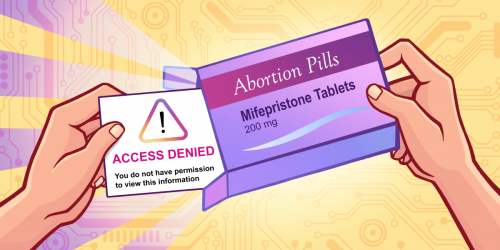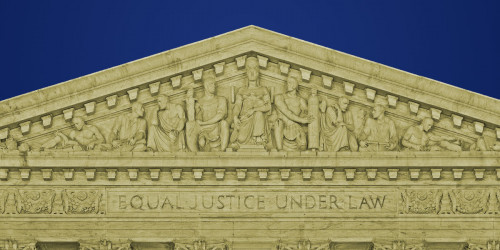November 23rd marks the 3rd anniversary of the Amptaun massacre, the day on which 58 people, including 32 media workers, were murdered in the Philippines while traveling in a convoy with the family and supporters of a local politician—the deadliest incident for journalists in recent history. In the last ten years, over 600 journalists have been killed worldwide, while still more have been intimidated, harassed, imprisoned, or tortured for exercising their fundamental right to free expression. In nine out of ten cases in which a journalist has been murdered, the killer has gone free.
What we are dealing with is a culture of impunity, a culture in which the powerful silence the powerless without consequences. When citizens and journalists face threats and attacks for exercising their right to free expression and the people responsible for these crimes are not held accountable, the result is a climate in which people are afraid to speak out, the hard questions go unasked, the powerful are not challenged, and criticism is stifled.
Impunity is not limited to murder: 40% of journalists who are murdered were threatened or intimidated first. And the victims are not limited to journalists: Activists, artists, bloggers, cartoonists, filmmakers, musicians, and social media users have all been subject to impunity. They face threats and violence for criticizing their governments, exposing corruption, and talking about politics, crime, and human rights issues. When these crimes go unpunished, the message from the authorities is clear: speak up and you will get hurt.
How do we fight the culture of impunity? Through media attention. Publicity about the facts of impunity cases gives the perpetrators exactly what they’re trying to avoid: attention to a story they are trying to silence. In some cases, international attention can also help to protect people under threat. Perpetrators may hesitate to act if they know the world is watching. Attention can also prompt reluctant authorities to act. It is easy for corrupt and unconcerned law enforcement to ignore a case or fail to investigate it properly if no one is paying attention.
In memory of the Amptaun massacre, EFF, IFEX, the Committee to Protect Journalists (CPJ), and countless other free speech and human rights organizations, join to celebrate the second annual Day to End Impunity, a day on which we bring attention the brave people all over the world who have been threatened, imprisoned, tortured, or killed for exercising their right to free expression, and demand justice.
For more information about the threat of impunity to journalists, CPJ has launched Speak Justice Now. EFF continues to document threats against bloggers in Bloggers Under Fire, including a map of threatened bloggers across the world, which we have produced in partnership with Global Voices.









